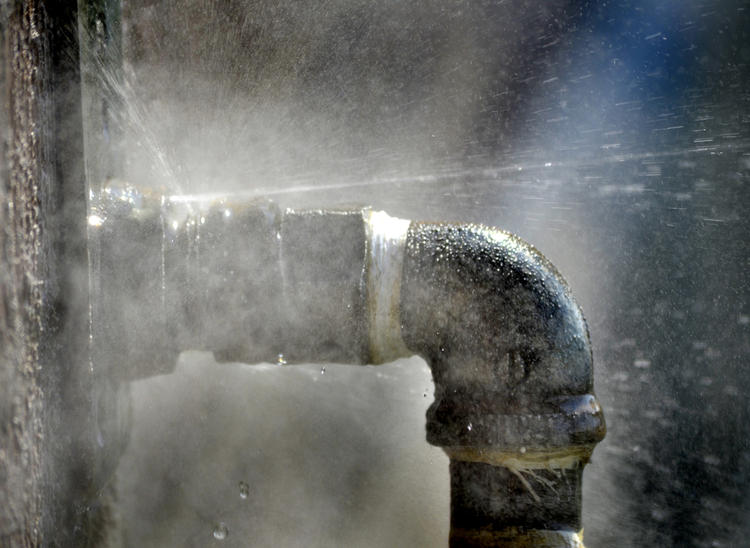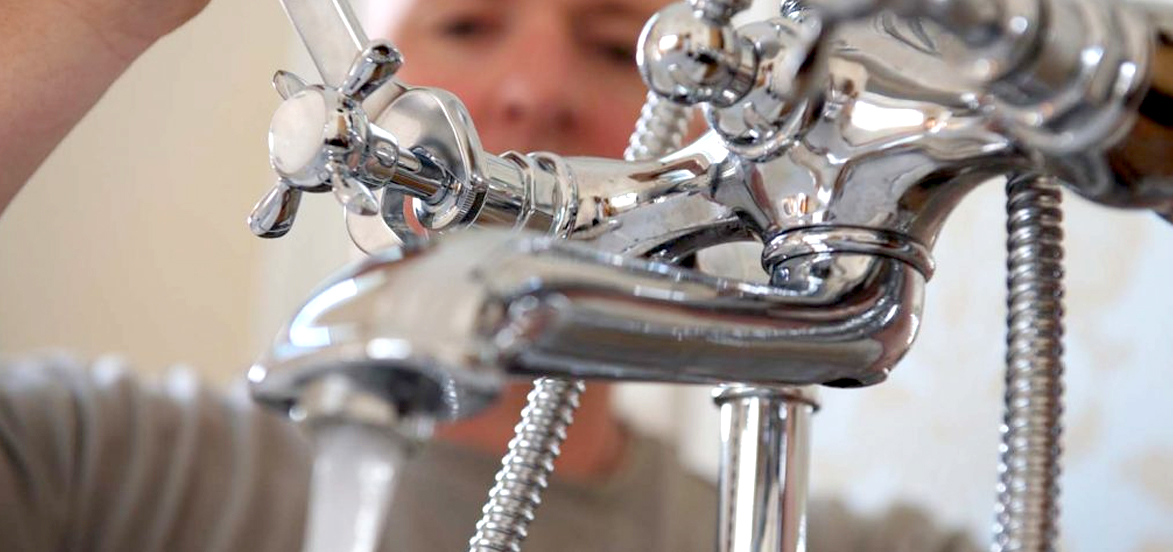5 Standard Water Leak Origins
5 Standard Water Leak Origins
Blog Article
Are you currently interested in additional info around How to Find and Prevent Water Leaks in Your Home?

"Be cautious of little expenditures. A little leak will certainly sink a fantastic ship." - Benjamin Franklin.
He couldn't have been much more right because water leakages in our houses lead to a waste of resources, raising our water expenses. This rise may appear negligible at initially, it can lead to significant expenditures that can damage your financial institution. In addition to a boost in costs, water leaks likewise create unwanted organic growth, structural damage, and even electrical threats.
Finding out if you have a water leakage isn't constantly very easy due to being not able to see the majority of the pipework in your house. If you have had a rise in your water costs lately, noticed water discolorations on walls and also ceilings, smelt poor odor, etc. You could want to take into consideration requesting plumbing solutions to get it took a look at.
There are numerous root causes of water leakages, and we have compiled the typical factors listed below. Check to see if you have had associated concerns in your house recently.
Clogged drains
Food fragments, dust, and also oil can create clogged drains pipes and obstruct the passage of water in and out of your sink. Raised pressure within the rain gutters can finish and also cause an overflow up breaking or breaking pipes if undealt with. To prevent clogged up drains pipes in your home, we recommend you to prevent putting fragments away and routine cleaning of sinks.
High water pressure
You saw your home water stress is higher than normal yet then, why should you care? It's out of your control.
It would be best if you cared due to the fact that your ordinary water pressure ought to be 60 Psi (per square inch) and although your house's plumbing system is developed to withstand 80 Psi. A boost in water pressure can place a strain on your residence pipelines and bring about cracks, or even worse, ruptured pipes. If you ever before see that your home water stress is greater than usual, contact a specialist about controling it.
Rust
As your pipework ages, it gets weaker and also extra prone to rust after the frequent flow of water via them, which can gnaw at pipes and also trigger splits. A visible sign of deterioration in your house plumbing system is staining and also although this may be difficult to find because of most pipelines hidden away. We encourage doing a frequent appointment every few years and also change pipelines once they are old to guarantee an audio plumbing system
Compromised pipeline joints
Pipeline joints are the components of our plumbing system where the pipes attach. It is essential to note that even though pipelines are created to withstand stress and also last for a while, they weren't designed to last for life; for that reason, they would certainly deteriorate over time. A common sign of damaged pipeline joints is extreme sound from taps.
Damaged seals
One more cause of water leaks in residences is broken seals of house devices that make use of water, e.g., a dish washer. When such appliances are set up, seals are set up around water adapters for very easy passage of water via the machine. For this reason, a broken seal can trigger leakage of water when being used.
With little or no expertise of plumbing, understanding your home's plumbing system enough to repair some of these issues (without consequence) can be a headache. Get in touch with plumbing specialists in Pittsburgh, Providence, Rochester, as well as environ today, and they'll make those concerns go away.
He couldn't have been extra ideal since water leakages in our houses result in a waste of resources, raising our water expenses. If you have had an increase in your water expenses lately, saw water stains on ceilings as well as wall surfaces, smelt poor odor, etc. A rise in water stress can put a stress on your residence pipelines as well as lead to fractures, or even worse, burst pipes. One more reason of water leakages in homes is broken seals of house devices that use water, e.g., a dishwashing machine. When such devices are set up, seals are mounted around water connectors for easy passage of water through the device.
5 TIPS IN DETECTING A WATER LEAK IN YOUR HOUSE
Water leaks can be hard to find in your home, yet they can be so common. We rely on water every day in our home, which is why a leak can cause big problems. By detecting them early, you can save money and further damage, getting the problem fixed as soon as possible. Here are 5 tips to help you detect a water leak in your home, so you can contact a plumber straight away and get the issue sorted.
Check your water meter
Many people underestimate the value of the water meter in their home. It can be one of the best ways to tell if you have a leak early on, so you can get on top of it before issues start arising. Start by turning off all the water in your home: taps, washing machine, dishwasher, etc. Now take a look at the meter – if it’s still changing with everything turned off, it’s likely you have a fast-flowing leak that you need to get on top of straight away. If nothing changes, then leave your meter for an hour or two and come back to it. Did it change in this time? It’s likely you have a slower leak, which isn’t as urgent but still handy to get fixed so it doesn’t become a bigger problem.
Keep an eye on your bill
Another good way to detect a leak in your home is by keeping an eye on your water bill. It helps if you have a past bill from the same period of time. You can compare like for like and determine whether your water usage has increased significantly. If it has, there may be a leak in your system that you haven’t picked up before. A professional plumber can check through all of your pipes and determine where it is coming from.
Look for damage
If you have a leak inside your home, you will notice damage over time. Take a look at your showers and bathtubs and note whether any of the tiles surrounding the area seem to be discoloured or damaged in any way. There may be water stains, mould or peeling material that has resulted from a build up of moisture over time. Make sure you take a look under sinks at the back of cupboards that don’t get accessed regularly. This is where damage can go unnoticed and build up over periods of time.

We had been shown that write-up on Where to Find Water Leaks from a friend on a different web blog. If you please set aside a second to promote this entry if you appreciated it. Thanks a lot for your time spent reading it.
Go Company Report this page